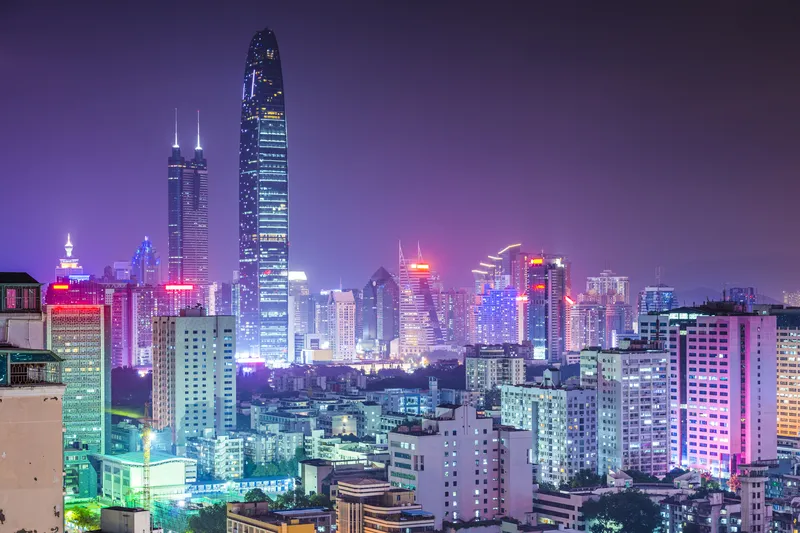
The city-state of Singapore and the city of Shenzhen, China, are pushing ahead with a number of collaborative smart cities projects.
Digital connectivity is one of the key pillars of multiple memorandums of understanding (MOUs) announced at the fourth Singapore-China (Shenzhen) Smart City Initiative (SCI) Joint Implementation Committee (JIC) meeting, held in Shenzhen.
Fourteen new joint projects include an arrangement between QuikBot Technologies and Shenzhen Intelligence Guardforce Robot Technology Co, which will see the co-development of next-generation autonomous delivery devices and Internet of Things (IoT) devices. The collaboration aims to achieve automation in last-mile delivery, improve logistics efficiency, reduce costs, and enhance customer experience.
Another is between Keppel and Peking University (PKU) and will see the parties collaborate on smart city development and management through the field of smart city data analysis, and training in data science and big data technology.
Four companies also signed MOUs to operate in the Singapore Shenzhen Smart City Demonstration Zone, a joint initiative designed to test smart city technologies and solutions.
Joseph Leong, Singapore permanent secretary for communications and information, said: "Singapore and Shenzhen share many complementarities given our focus on harnessing digital technologies for the common good, and our openness to new ideas and talent. I am confident that the Smart City Initiative will continue to serve as an important platform to pursue collaboration in forward-looking areas.”
Leong co-chaired the latest meeting with the mayor of Shenzhen Municipal People’s Government, Qin Weizhong.
The SCI was launched in 2019 and also includes a focus on innovation and entrepreneurship, and talent exchange development, creating opportunities for both Singaporean and Chinese firms to operate in each other's markets.
So far, 43 projects have been initiated and 29 MOUs have been signed at SCI JIC meetings.







